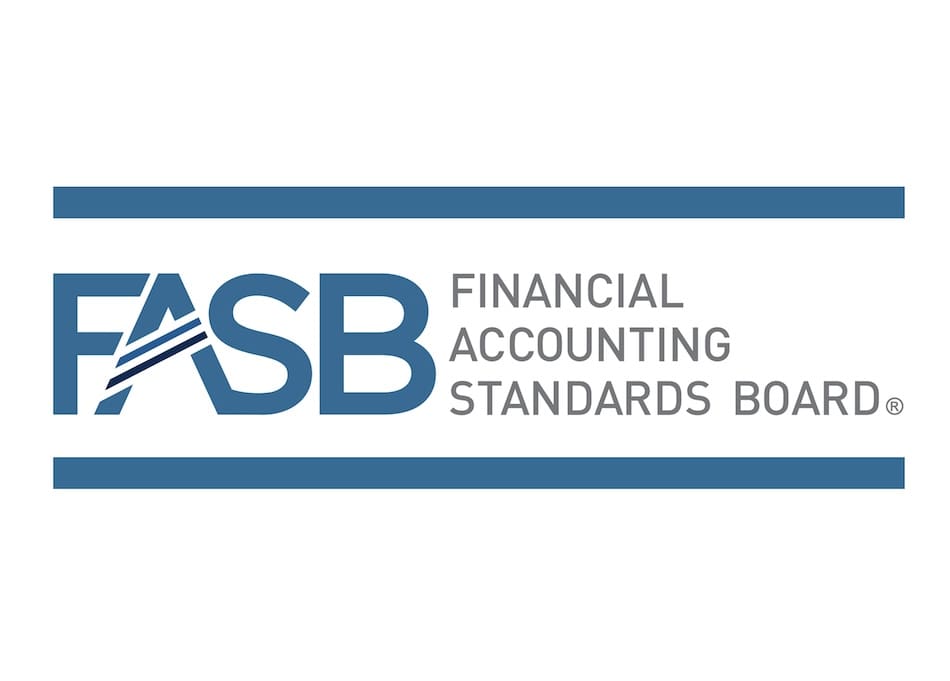
Key Takeaways
- New FASB rules require companies to report Bitcoin at fair value.
- Bitcoin holdings could boost earnings but increase tax liabilities under CAMT.
- The changes add volatility but may encourage more corporate Bitcoin adoption.
The Financial Accounting Standards Board (FASB) has introduced a new rule requiring companies to report Bitcoin holdings at fair value.
This change ensures that Bitcoin-related gains and losses appear in financial statements as they occur, rather than only at the time of sale.
The move increases transparency but also introduces greater earnings volatility for companies holding Bitcoin.
Tax implications under CAMT
While the new rule enhances earnings potential, it could also lead to unexpected tax burdens.
Under the Corporate Alternative Minimum Tax (CAMT), unrealized Bitcoin gains might be considered taxable income, even if the company has not sold its holdings.
This creates a financial challenge for corporations that may need to pay taxes on paper profits without actual cash inflows.
Impact on corporate treasury strategy
The rule change is expected to make Bitcoin holdings more attractive for corporate treasuries by allowing firms to reflect Bitcoin’s real-time value.
However, companies will need to navigate potential tax implications carefully to avoid financial strain from unrealized gains.




